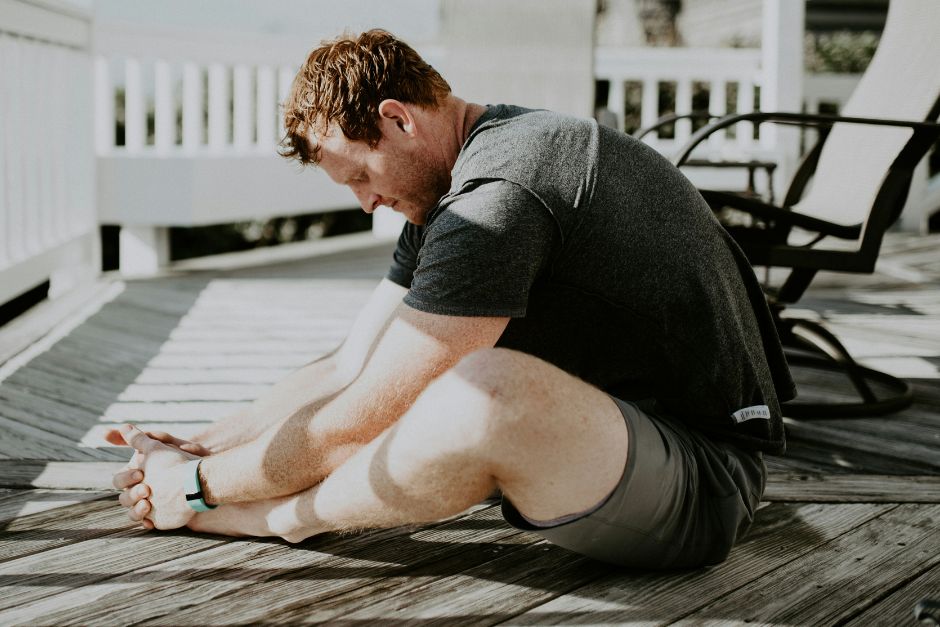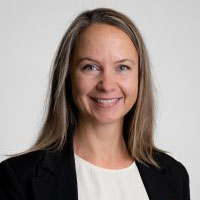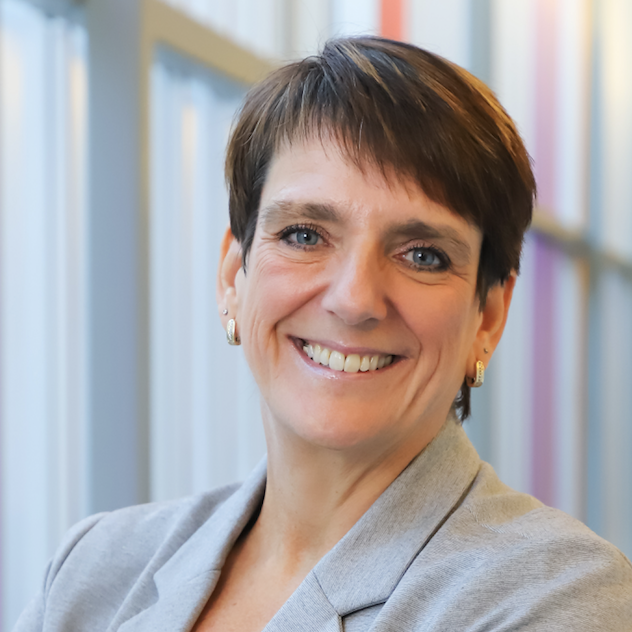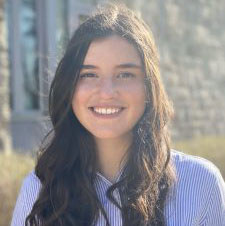
As a research-intensive department, we are committed to supporting our faculty in developing new studies and research programs. The Research Initiative Fund (RIF) is an annual research award designed to support new innovation in occupational therapy. Each year, faculty from the department can apply for up to $5,000 as seed funding for nascent research ideas, data gathering, or small-scale pilot projects.
This funding acts as a springboard for larger pieces of research, allows for hypothesis-testing, and supports projects that would otherwise be delayed by lengthy external funding processes or time-consuming applications.
The importance of catalyst funding
Often, applications for large research grants require pilot data or a demonstration of the robustness of the research, and funding organizations are reluctant to fund projects that have not been tested on a small scale.
The Research Initiative Fund was started to help provide researchers in OSOT with pilot funding to support project that lies outside of (or in-between) the traditional boundaries of research, enabling researchers to demonstrate the robustness and value of non-traditional, or brand new, research projects.
Grants from the Research Initiative Fund are vital to junior members of faculty as they allow them to trial initial programs of research, but are also indispensable for senior faculty who seek to pursue new directions in their research which have not been previously funded.
The Research Initiative Fund relies on donations in order to be awarded each year. In 2022, we joined forces with Crowdfundraising UBC and raised over $10,000 for the Research Initiative Fund, which we were able to triple with the help of a generous donor.
With this investment into the fund, we are thrilled to be able to support exciting projects for the next three-to-six years. If you would like to contribute towards the fund, donations can be directed securely via give UBC.
The two projects discussed below were successful for the 2024 competition, with two very different research topics and approaches. You can also read about the previously-funded projects.
Funded projects for 2024
Co-creation of Tailored Yoga Intervention to Improve Well-being in People with Spinal Cord Injury

Principle Applicant:
Dr. Bill Miller
Professor, OSOT

Co-Applicant:
Dr. Ben Mortenson
Professor, OSOT

Co-Applicant:
Dr. Krista Best
Affiliate Assistant Professor

Co-Applicant:
Himani Prajapati
PhD student, RHSC
While evidence supports the benefits of yoga for various neurological conditions, research in spinal cord injury (SCI) rehab is limited. Understanding the barriers, values, and anticipated outcomes associated with yoga for people with SCI may facilitate uptake of yoga. This project will bring together people with SCI, clinicians, and yoga instructors to co-create a yoga intervention.
Research focuses will include:
- assessing the physical, mental, and social benefits;
- identifying challenges in accessibility and the need for adapted programs;
- determining necessary adaptions using yoga props;
- determining how to provide flexible delivery methods.
Building capacity of therapists for early identification of DCD: Evaluating the pedagogical strength of multimedia tools

Principle Applicant:
Dr. Jill Zwicker
Professor, OSOT

Co-Applicant:
Olivia Tsihlias
PhD student
Occupational and physical therapists have a key role in assessing children at risk of Developmental Coordination Disorder (DCD). One of the barriers to early identification of DCD is poor awareness of the disorder among health care providers and of how to properly assess and diagnose children according to international DCD clinical practice guidelines. One of the recommendations of these guidelines is administration of a standardized motor assessment called the Movement Assessment Battery for Children. Later this year, a new version of this assessment will be available and will be the gold standard for assessment of DCD. Therapists will need education and training to build the knowledge and skills required to use this tool and observe for signs of DCD.
The primary objective of this project is:
- To develop and evaluate the effectiveness of instructional videos and visual resources (in English and French) for teaching therapists how to administer the new standardized assessment.

Images: OSOT, apart from portrait photos of Dr. Krista Best, Himani Prajapati, Olivia Tsihlias. Yoga image (Annie Spratt/Unsplash) / Stretch image (Scott Broome/Unsplash), handwashing image (CDC/Unsplash).